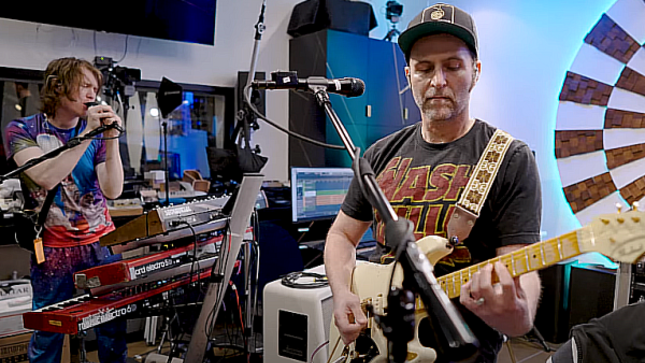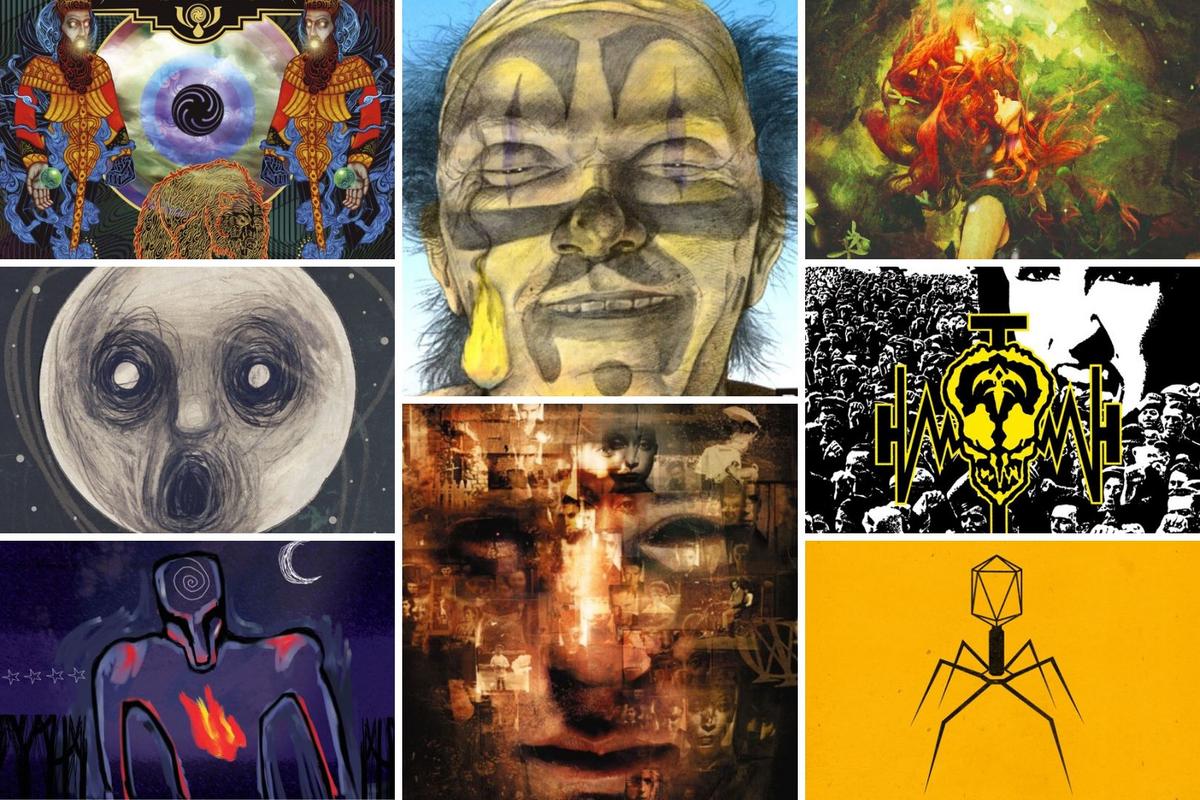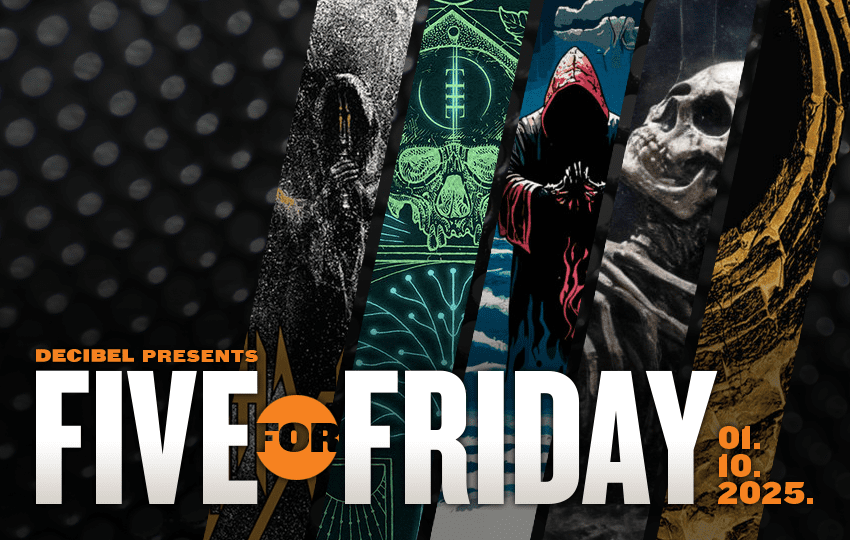Sometimes lyrics can’t express as much as the tonal impression left by a good instrumental backdrop can, and as much as I appreciate her lyrical abilities in Disease of the Mind, Staytus’ debut album is one defined by the virtuosity of its instrumental statements. Disease of the Mind uses tracks like “Dreams From Hell,” “None of It,” “Part of Me,” and “Don’t Die” to paint us a very vivid picture of who this artist is, but not using her own words alone. The music is the true compass by which we can navigate the dark themes in this LP, which is telling of the kind of artist at the helm of the controls.
The rhythm in “Hourglass,” “Nevermore,” and “Crawling” has a strong pulse to it, but this isn’t because of a burgeoning bass element in the background. Truth be told, there’s not as much from the bottom end in this mix as I would expect, especially considering the Bleach-style riffing that Staytus is as fond of as she is. To understand her approach is to see a hybridity within her sound a lot of other artists simply haven’t been able to manage without a lot of external componentry (often synthetic), and I like what it’s producing for her in this record.
One thing I often hear in a lot of greenhorn LPs like Disease of the Mind is a hesitance from the main artist to explore their depth beyond what the mix is allowing, but that isn’t a problem for Staytus is any capacity here – to be frank, I think the opposite is true. She wants to use as much of the space in the arrangement of “Don’t Die” and “Nobody Cares” as possible to show us that she doesn’t need any level of filler to sound full and complete in the studio, which is something I wish some of her peers on both sides of the dial would try to do a little more frequently.
There’s no filter on the crunch in”Really Gone” or “Dreams From Hell” the same, and I wouldn’t want there to be. Something I think Staytus grasps so well is a rocker’s desire to hear the brutality of a riff or even just a lick without anything coming between artist and audience, and this ultimately verifies her authenticity as a player and student of the medium more than anything else does. She can see things from the fan side, which demonstrates a love of this kind of music you can’t just fake into existence – no matter the dedication to the task.
Fans of hard rock and heavy music in general should rejoice over the arrival of Disease of the Mind this fall, as I think it’s just the first of many intriguing releases we’re going to encounter from Staytus in the years to come. It’s been said time and time again that rock is dead or close to it, but the genre is consistently bouncing back into relevancy on the back of indie experimentation – the best of which, I might add, is on full display in this performance. Disease of the Mind feels like the beginning for Staytus, and a fine one at that.
Mindy McCall








































































































